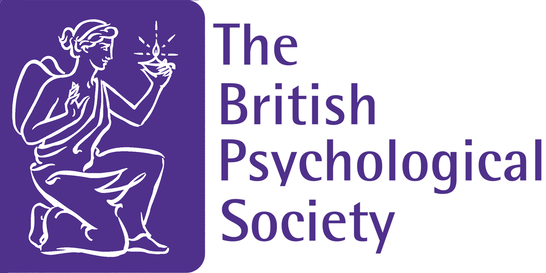
Respect
Developing relationships within your community, which allow you to be a thoughtful and considerate listener, a willing helper and a trusted support to others.
Developing relationships within your community, which allow you to be a thoughtful and considerate listener, a willing helper and a trusted support to others.
BPS's Code of Ethics and Conduct

The British Psychological Society sets and upholds high standards of professionalism, and promotes ethical behaviour, attitudes and judgements on the part of Psychologists. The BPS's Code of Ethics and Conduct is based on four ethical Principles:
- Respect
- Competence
- Responsibility
- Integrity
Bott Prize for Experimental Psychology 2018
The Bott Prize for Experimental Psychology is awarded annually for students who have shown respect for others in their experimentation in Psychology, particularly in using the EEG and demonstrating localisation of function when conducting brain dissection. The winners in June 2018 were:
Lorelei (Jingyi) Feng
Hannah Gunn
Tara Lawton
Myles McLeod
The Bott Prize for Experimental Psychology is awarded annually for students who have shown respect for others in their experimentation in Psychology, particularly in using the EEG and demonstrating localisation of function when conducting brain dissection. The winners in June 2018 were:
Lorelei (Jingyi) Feng
Hannah Gunn
Tara Lawton
Myles McLeod
